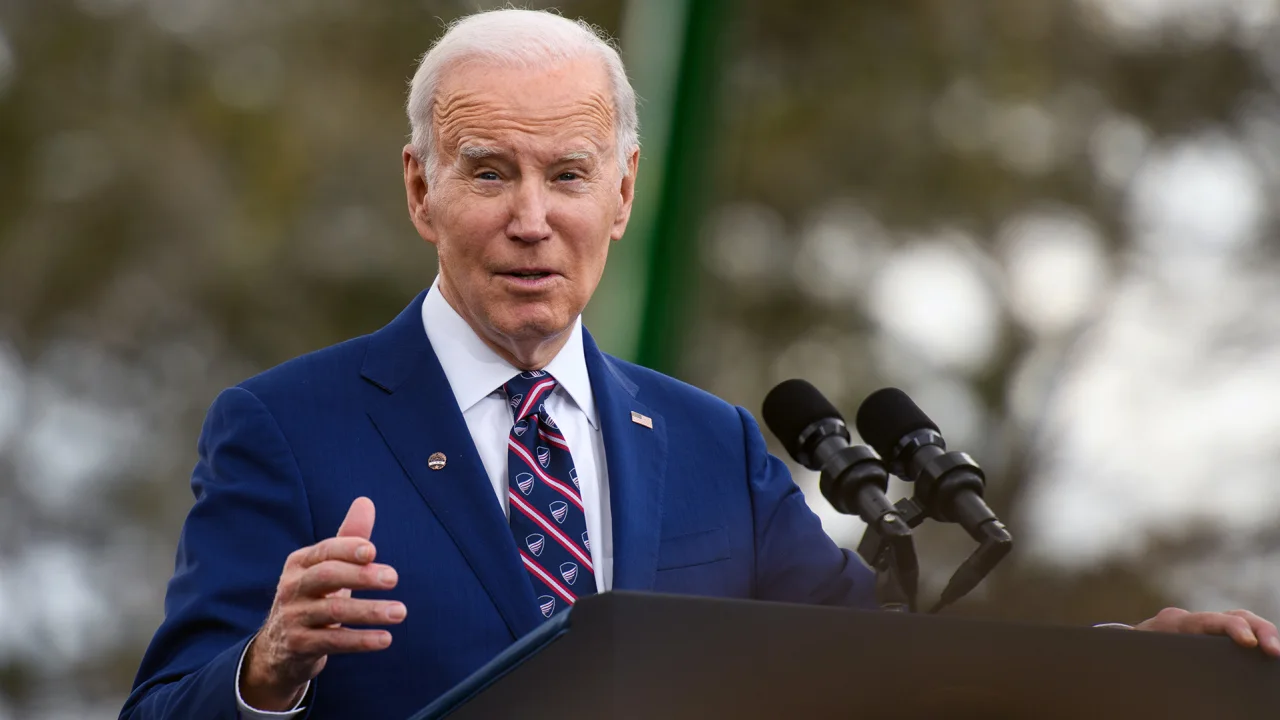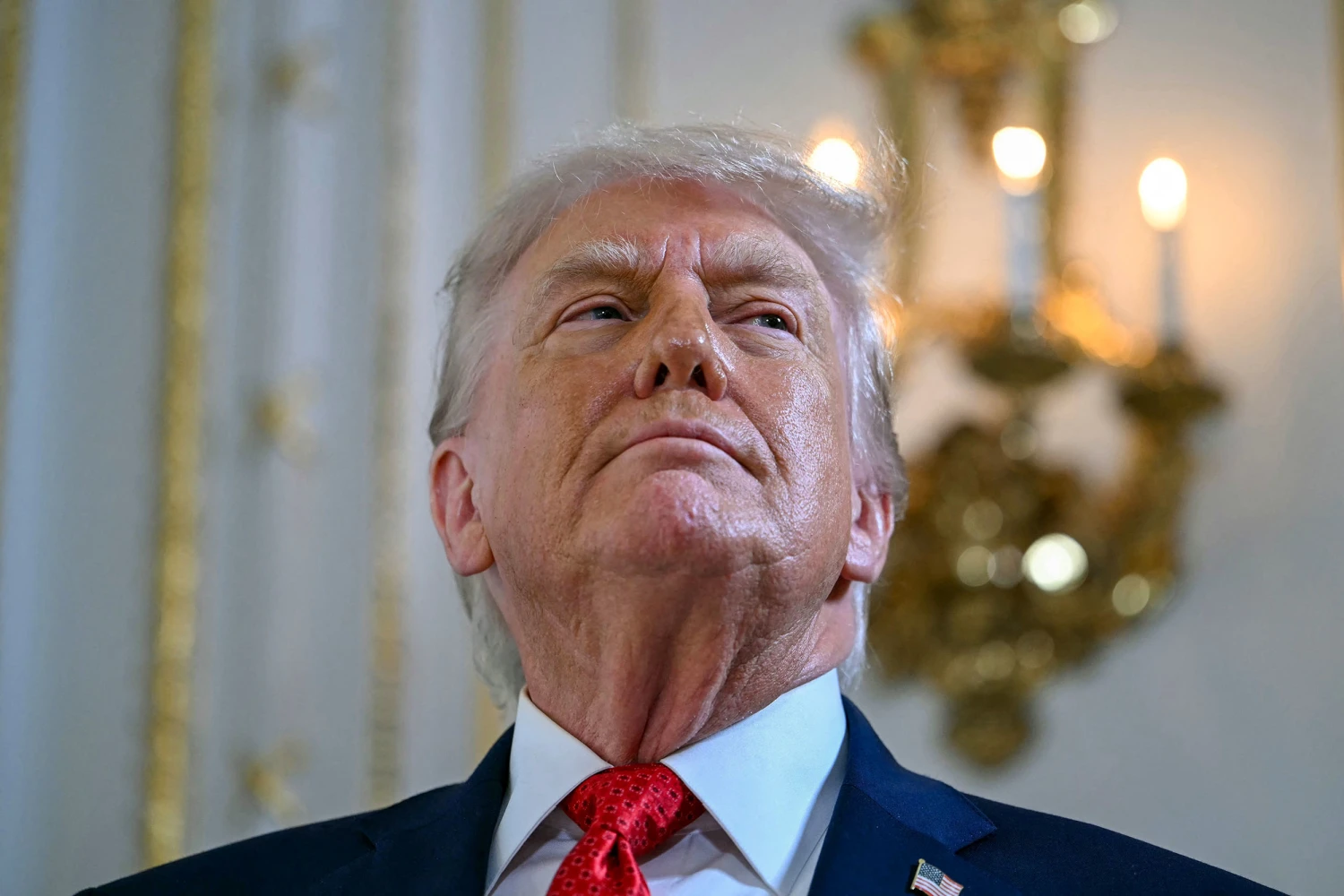President Joe Biden claimed Tuesday that Americans aren’t allowed to own a machine gun or a flamethrower. But that’s not true in most of the country.
Biden made the claim while delivering a plea for a renewed ban on semi-automatic “assault weapons” in the wake of a massacre on Monday at a Christian elementary school in Nashville.
Biden said: “I’m a Second Amendment guy. I have two shotguns. My sons have shotguns. You know, but our states – you know, everybody thinks somehow the Second Amendment is absolute. You’re not allowed to go out and own a – an automatic weapon. You’re not allowed to own a machine gun. You’re not allowed to own a flamethrower.”
Facts First: Biden’s claims are inaccurate with regard to most Americans. People are allowed to own and buy flamethrowers almost everywhere in the country; flamethrowers are not restricted by federal firearms law, and only one state bans possession of them. And with some exceptions, people in more than two-thirds of states are allowed to own and buy fully automatic machine guns as long as those guns were legally registered and possessed prior to May 19, 1986. There were more than 700,000 legally registered machine guns in the US as of May 2021, according to official federal data.
Asked for comment, White House deputy press secretary Andrew Bates said in an email: “His point is that virtually everyone accepts that there are some weapons civilians should not be allowed to own, and that, as he is, you can be a Second Amendment supporter and also passionately believe in an assault weapons ban.”
Flamethrowers, which project a stream of fire, are best known for their deadly military applications (the US armed forces stopped using them as weapons after the Vietnam War). But they can be used for a variety of practical civilian purposes, such as starting controlled burns, clearing land for agriculture, melting snow and ice, and entertainment. CNN reported in 2015 on companies that had started selling flamethrowers to civilians that year.
Possession of a flamethrower is legal under federal law. In 2018, the year billionaire Elon Musk prompted public discussion of flamethrowers, the federal Bureau of Alcohol, Tobacco, Firearms and Explosives said it has “no regulatory function” related to flamethrowers. The same year, the federal Consumer Product Safety Commission tweeted out recommendations for how to use flamethrowers safely. The House of Representatives did not move forward that year with a Democratic congressman’s bill that sought to impose significant federal restrictions on flamethrowers.
Flamethrower possession is banned in Maryland. In California, possession of a flamethrower designed to propel its burning stream 10 feet or more requires a permit from the state fire authority. In general, though, flamethrower possession is widely legal. (Some particular communities may have their own restrictions; the Los Angeles fire code, for example, prohibits people from using a flamethrower except with the fire chief’s permission.)
Machine guns
Possession of a machine gun is generally legal in more than two-thirds of states, according to an analysis published by the Giffords Law Center to Prevent Gun Violence, as long as the gun was lawfully possessed prior to May 19, 1986, the day President Ronald Reagan signed a major gun law. Thirty-five states have “minimal or no regulation” of machine guns, according to the Giffords analysis.
Federal law imposes significant national restrictions on machine gun purchases, and the fact that there is a limited pool of pre-May 19, 1986 machine guns means that buying these guns tends to be expensive – regularly into the tens of thousands of dollars. But for Americans in most of the country, Biden’s claim that you aren’t “allowed” to own a machine gun, period, is not true.
“It’s not easy to obtain a fully automatic machine gun today, I don’t want to give that impression – but it is certainly legal. And it’s always been legal,” said Stephen Gutowski, a CNN contributor and founder of The Reload, a publication on firearms policy and politics.
In layman’s terms, a machine gun is a fully automatic gun that can fire continuously as long as the trigger remains depressed, rather than requiring a new trigger pull for every shot like semi-automatic weapons do.
Under federal law, the legal acquisition of a machine gun requires getting fingerprinted; filling out a detailed registration form; not being considered a “prohibited person” because of crimes, drug use and other criteria; receiving the consent of a senior local law enforcement official; passing a federal background check; and making a $200 tax payment (the amount has not changed since a 1934 gun control law, when $200 was the equivalent of more than $4,000 today).
There were legally registered machine guns in every state as of May 2021, according to published Bureau of Alcohol, Tobacco and Firearms data, and a total of 741,146 in the country. As Gutowski has written, a significant percentage of these guns are likely owned by law enforcement and licensed dealers – these groups, unlike civilians, are allowed to possess machine guns made or imported on or after May 19, 1986 – but there’s no doubt that there is a large number in the legal possession of civilians.
States including New York, Illinois, Iowa, Hawaii and Delaware broadly ban civilian possession of machine guns; California and New Jersey allow people to apply for exceptions to their civilian possession bans, but those exceptions are granted infrequently. A small number of states, such as Minnesota, Wisconsin and Massachusetts, have general civilian possession bans but make exceptions, with various nuances, for collectors and people possessing “keepsakes”; Louisiana’s general ban also includes an exception for bank guards.
Biden’s claim that ‘you’re not allowed’to own a flamethrower or machine gun isn’t true inmost states




